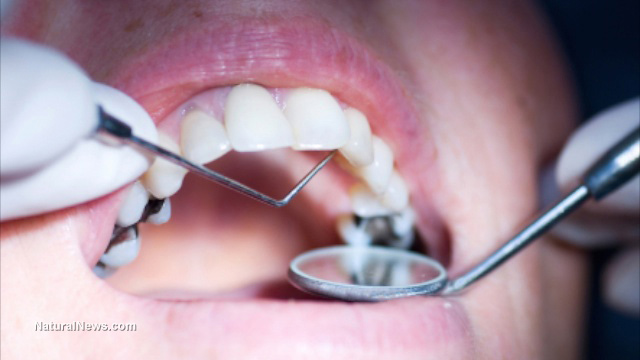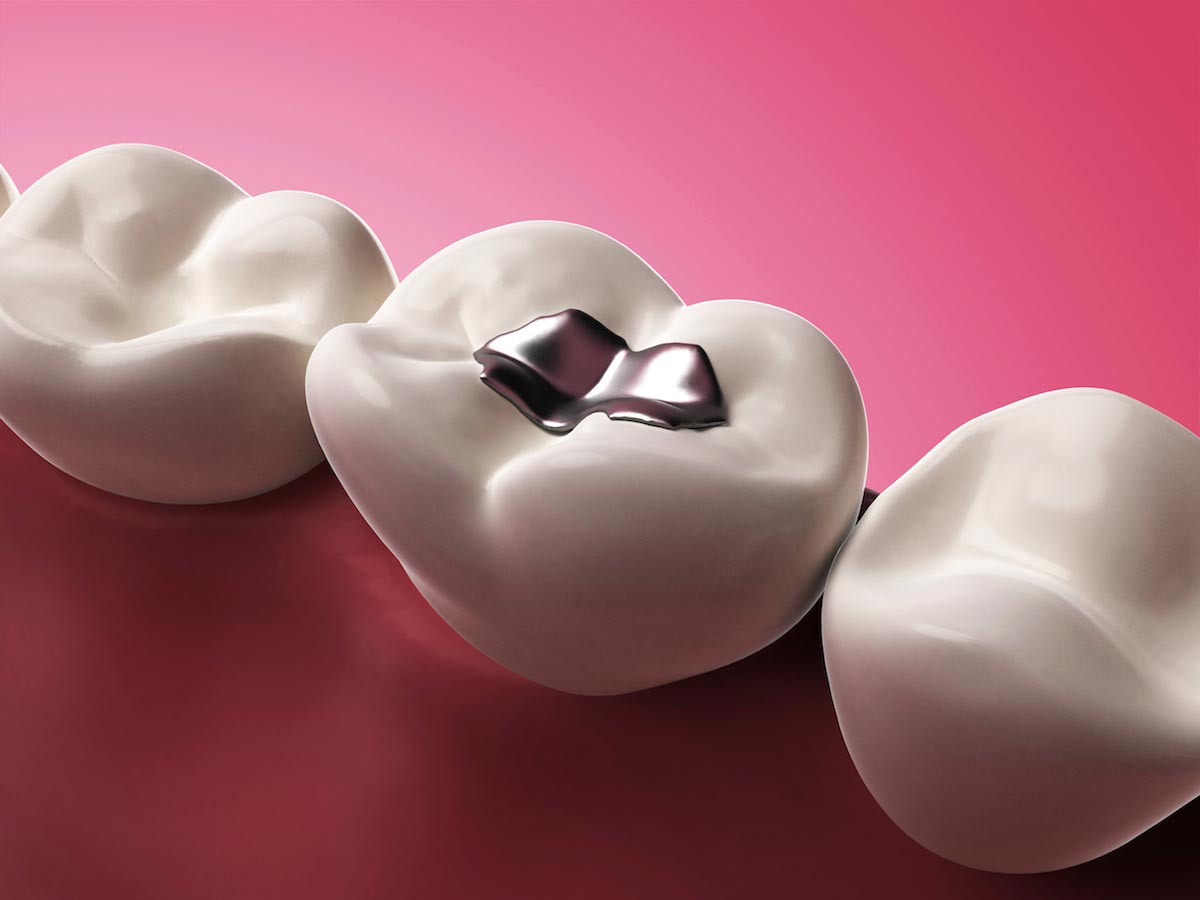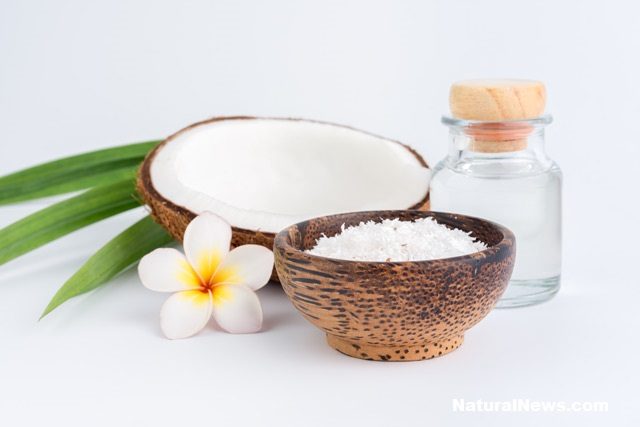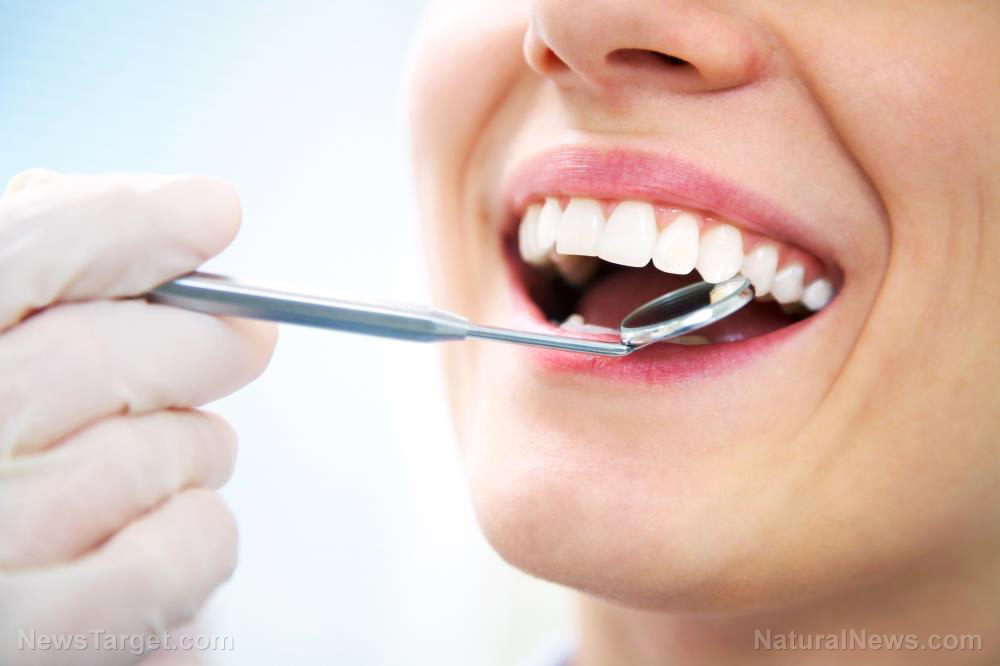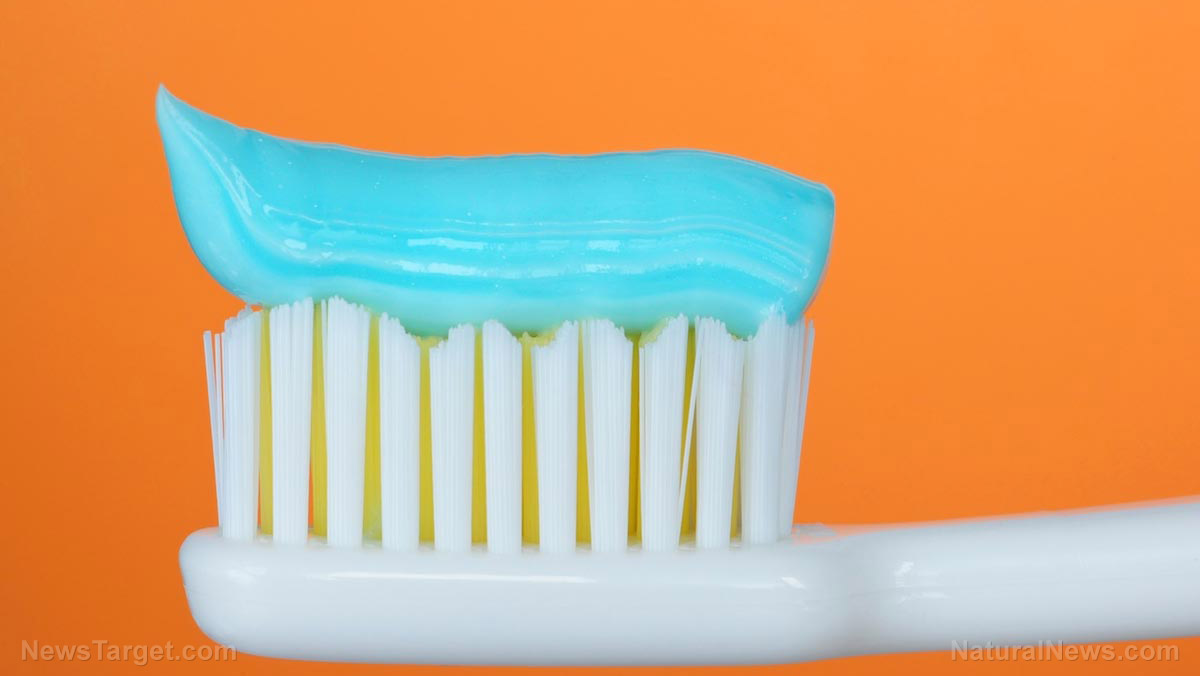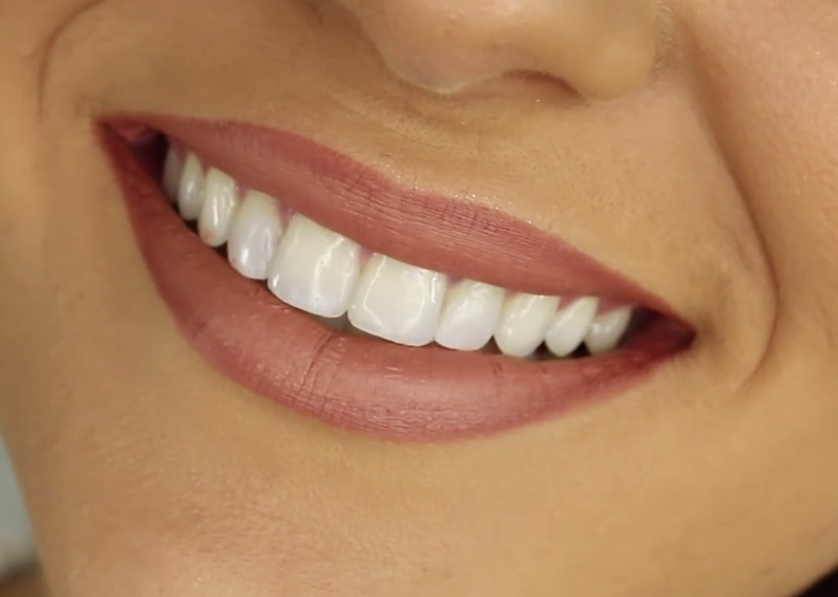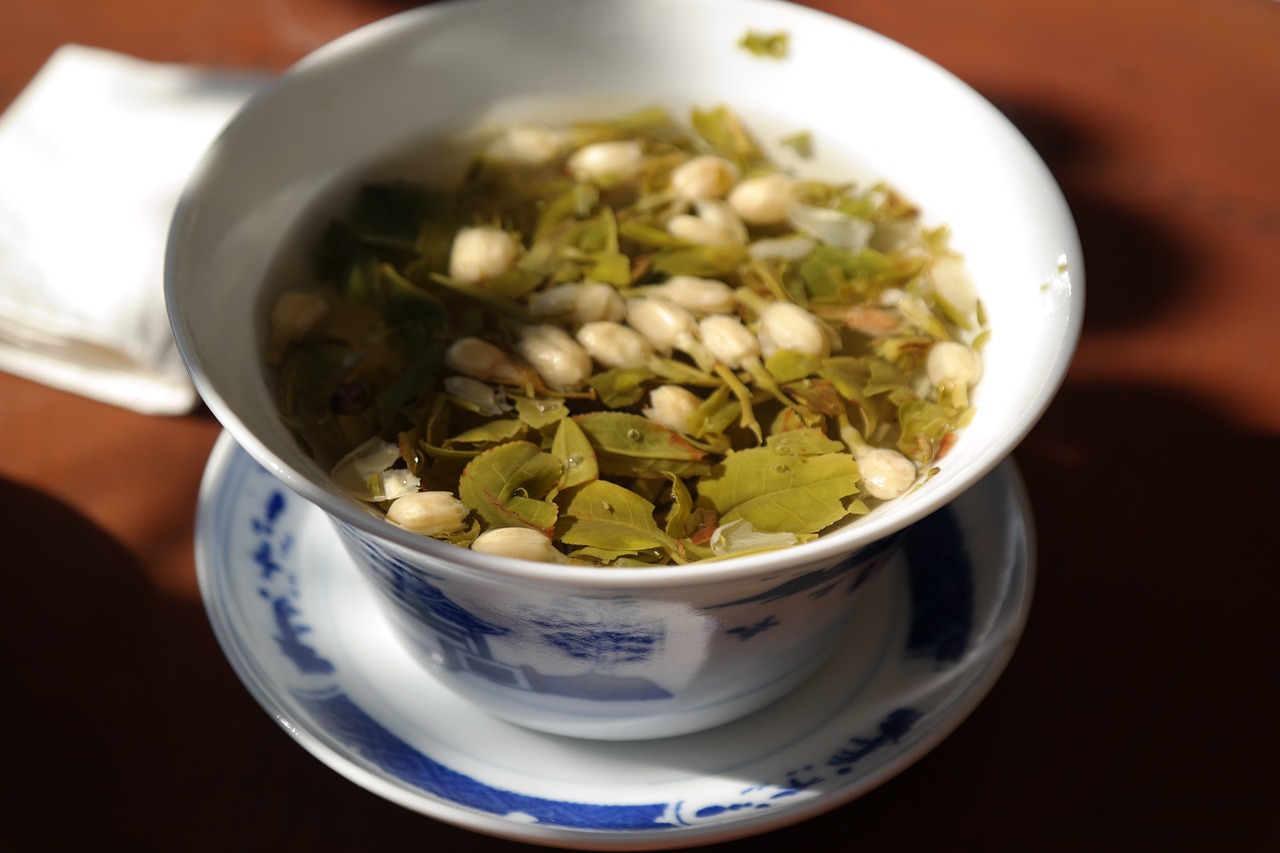Natural mouthwashes work better than chemical ones for removing dental plaque
12/12/2018 / By Ellaine Castillo

A mouthwash may look like a great way of ending your oral care routine since they make your breath smell fresh and get rid of bad bacteria that brushing and flossing might have missed. That is — until you realize that most mouthwashes on the market contain chemicals that are actually damaging to a person’s health. Fortunately, many plants can be used to make a natural mouthwash. Based on a study by researchers from India, Saudi Arabia, and Trinidad and Tobago, one of the plants with great potential for this application is the porcupine flower (Barleria prionitis).
Oral hygiene is a crucial part of maintaining good overall health, but many people seem to neglect this. If you don’t take care of your teeth and gums, this can ultimately lead to problems like cavities and gingivitis due to the build-up of bacterial plaques. Moreover, poor oral hygiene can even cause heart disease, cancer, and diabetes. Brushing alone isn’t enough to get rid of all the bacteria in your mouth, which makes using a mouthwash that much important.
That said, you have to be picky about what you buy – since most products on the market have toxic chemicals. One such example is chlorhexidine, considered the gold standard of mouthwashes because of its potent antibacterial activity. However, it is associated with many side effects like temporary loss of taste, staining, tartar formation, dry mouth, increased blood pressure and risk of heart diseases. Because of this, researchers are now turning to natural products with antimicrobial activity.
Porcupine flower is an herb found in Asia and Africa and is a staple in traditional Ayurvedic medicine. It is commonly used to treat fever, rheumatism, digestive problems, respiratory problems, and microbial infections. Earlier studies have shown the antimicrobial activity of the porcupine flower using lab tests. However, this biological activity has not been observed in vivo.
In this study, which was published in the journal Pharmacognosy Research, the authors conducted a double-blind, randomized control trial to compare the effects of a natural mouthwash made from porcupine flower extracts to that of chlorhexidine, an antiseptic that is widely used in commercially available mouthwashes. Their study included 30 participants who were with 18 to 24 years old and had no existing systemic illness. These participants were tasked to gargle 10mL of their assigned mouthwash for a minute after eating breakfast and lunch. After three days of sticking to this routine, the researchers then observed them for plaque formation as well as their gum condition.
The authors of the study observed that the porcupine flower mouthwash was just as effective as chlorhexidine in eliminating pathogenic bacteria. It was even more effective at getting rid of bacteria that cause cavities. This is very promising since it could serve as a natural substitute for the gold standard in mouthwashes, without the toxic effects. (Related: The public is being mass poisoned by antiseptic chemicals in shampoos, lotions, eye drops and mouthwash.)
Toxic mouthwash ingredients
Instead of improving a person’s health, most commercially available mouthwashes are damaging because of their chemical content. Previous studies have even shown that using these increases the risk of oral cancer. Some of the toxic chemicals found in mouthwashes include the following:
- Hexetidine — This chemical is effective against bacteria and fungi, but it still isn’t worth using because of its tendency to cause allergic reactions and unstable heartbeat.
- Methyl salicylate — The flavor of most mouthwashes are due to methyl salicylate, a chemical that is known to enlarge capillaries and cause death in children.
- Methylparaben — Mouthwashes can stay on your shelves for long periods of time because of methylparaben but studies have discovered that it is very bad for your health. This chemical disrupts the functioning of your endocrine system, which is responsible for regulating hormone production. Because of this, the risk of cancer increases.
For more articles about different medicinal herbs, visit Herbs.news.
Sources include:
Tagged Under: antibacterial, ayurvedic herb, Barleria prionitis, chlorhexidine, gingivitis, herbal mouthwash, herbal remedies, Herbs, mouthwash, oral health problems, oral hygiene, periodontal disease, plaque formation, porcupine flower

